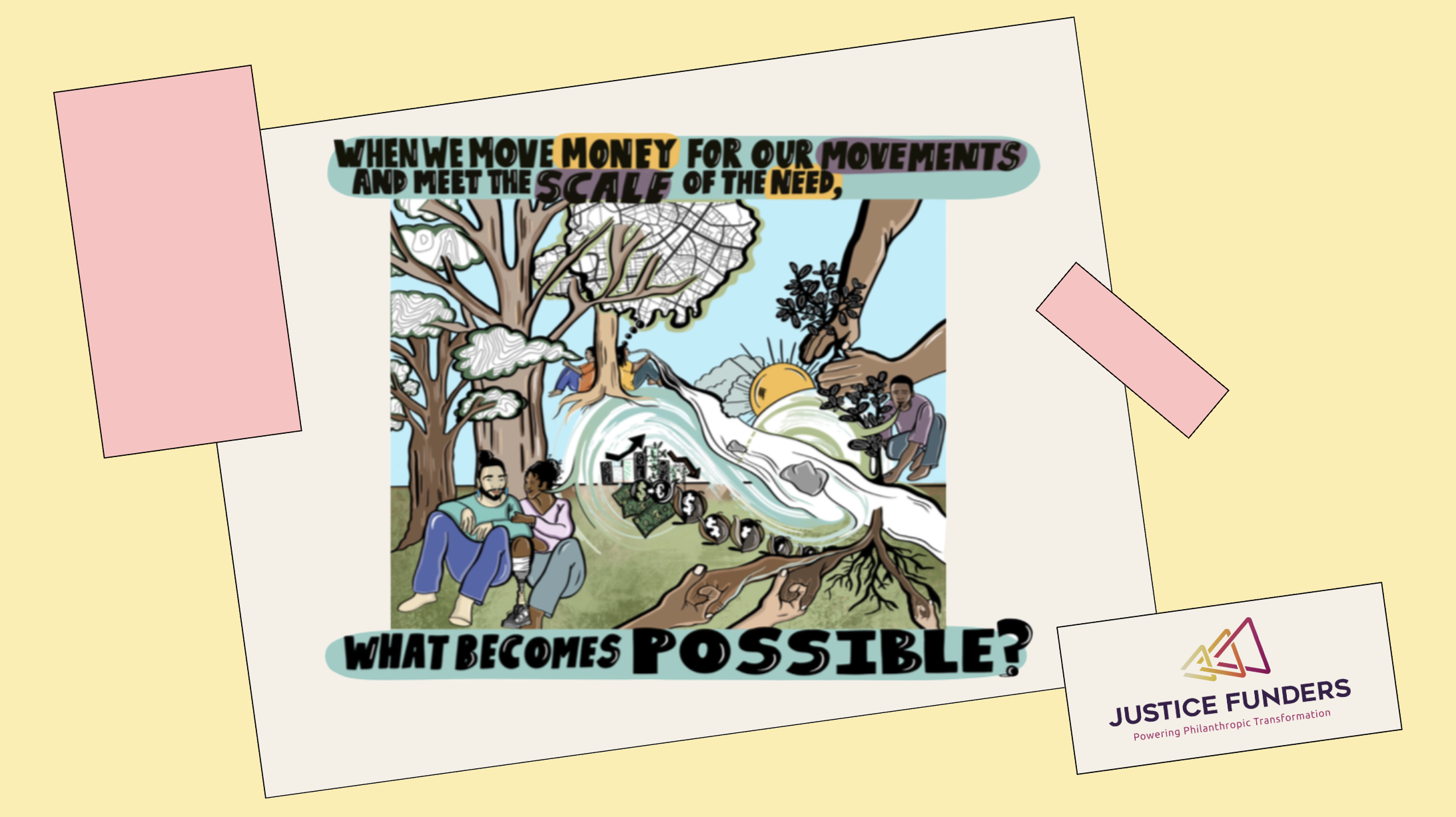Jewish tradition offers us a vital perspective on debt: investing ethically means thinking beyond what is best for the investor.
On the one hand, it is legitimate to seek a profit from one’s capital. On the other hand, the benefits and risks of the investment ought to be shared equitably. To put it another way, Judaism’s ethical inspiration on investing in debt involves de-centering the investor and re-centering the impact of the loan capital on society.
Investors seeking to apply Jewish wisdom to their debt allocation can begin by assessing their current allocation. What is your loan capital going to support? Are you supporting the federal government and municipal governments to provide the cash flow to pay Social Security and Medicaid, engage in economic development, or pay the defense budget? Are you supporting companies with questionable ethical stances? Are you profiting from the exploitation of families and communities?
Judaism’s wisdom can inspire a range of other important questions for our debt allocation. For example, where is money flowing in the first place? Are mainstream impact investors acting like the people of Hillel the Elder’s time, who withheld loans from those in need for fear of default? Who are we willing to create investment relationships with, and have we overlooked people or institutions who need access to capital? How about literally sharing decision-making power over where investment dollars flow?
Alyssa Ely and Denise Hearn, two leaders in the impact-investing field, published an article in the Stanford Social Innovation Review in April of 2021 arguing that, to achieve meaningful impact, impact investors need to share more with their investee partners. They need to share risk more equitably than current practice; they also need to share more decision-making power over investment choices, more control of the time frame, and more knowledge and transparency.
Edgar Villanueva, expert on race and philanthropy, proposes, “what if funders no longer assumed that disadvantaged communities and individuals needed to be empowered at all? What if we acknowledge how powerful they inherently are?” A key step to do so is to share decision-making authority.
Transform Finance calls this “Grassroots Community Engaged Investment.” Local grassroots communities have input and decision-making power over capital being invested in their communities.
Many other investment practitioners representing historically marginalized communities agree: the goal is to have the communities most impacted be more proximate to control of capital. Daryn Dodson, managing partner at Illumen Capital, puts it this way: “The idea that people who are investing large amounts of money to transform the world would sit down with the communities that they’re trying to transform is a really important pillar of what we’re trying to accomplish.” Ebony Perkins, at Self-Help Credit Union, echoes: “It’s easy to throw money at a problem—I don’t have to be close to it, I don’t have to touch it. But Brian Stevenson notes that in order to solve a problem, you have to get proximate. Racial injustice cannot only be solved by money.”
The Ujima Fund, based in Boston, describes itself as the first “democratic investment fund” in the United States. Investors cede power over their investment capital to a committee of Ujima Project members, made up of residents of Boston or those displaced from their homes by rising rents, who are either low-income or people of color. Each Ujima Project member gets a vote on where money is invested or loaned; non-resident investors do not. This model has resonated with many, including the local Jewish community; a notable group of funders and investors is the congregation of Temple Israel of Boston.
Investors and investees could also literally share ownership of new infrastructure being developed. For example, low- and moderate-income communities who do not yet have high-speed internet access are in significant ways cut off from the modern economy and modern educational systems. Internet and telecommunications companies may seek to develop new infrastructure in those communities but will expect to own it.
In 2013, entrepreneur Donnel Baird founded a social enterprise, BlocPower, seeking to develop high-speed internet in low- and moderate-income communities, with a twist: communities will own their own internet infrastructure. The project is focused on equity, as he puts it: “Not just equity in terms of social justice, but equity in terms of literal ownership of stock in a special-purpose entity that owns a set of infrastructure assets. In this case those assets are broadband connectivity assets that will close the digital divide.” BlocPower’s advocacy even managed to include this approach in the United States’ bipartisan infrastructure bill in 2021.
Some of the examples above remain fringe, are difficult to invest in today, or are accessible only to wealthy investors. Activest’s investment vehicle offered by Adasina Social Capital is restricted to those with a minimum of $1 million to invest and a time horizon of five years or more. The Ujima Fund has stopped accepting investments for now as they have reached their goal of capital raised. BlocPower has raised more than a million dollars from everyday investors through the Raise Green crowd-investing platform, but the offering is currently closed at the time of this writing.
But there are opportunities available for everyday investors. Calvert Impact is a global nonprofit investment organization originally founded as a branch of the well-known socially responsible investment firm Calvert, when the parent firm wanted to begin allocating a percentage of its mutual fund capital directly to impact investments in communities in need throughout the United States. The original Calvert is now owned by Morgan Stanley, but Calvert Impact remains an independent nonprofit. In 1995, the organization launched the Calvert Impact Note, an investment vehicle with a $20 minimum. Certifying a low-minimum impact investment offering like that with the regulators was no easy task. But the organization succeeded, and the Notes are now available for investment in all 50 states.
Amanda Joseph, former Director of Faith-Based Initiatives at Calvert Impact and a member of the Philadelphia Jewish community, notes that this offering aligns deeply with Jewish values. Joseph has more than two decades of experience with community development finance. She even worked at an early Jewish impact-investing organization, Jewish Funds for Justice, that sought to bring more Jewish capital specifically to the field of community development finance. Jewish Funds for Justice no longer exists, but the broader field is thriving. As of the end of September 2021, Calvert Impact Capital’s Impact Notes had nearly $600 million invested, with financial return between 0.40-2.5 percent at terms of one to ten years.
Jewish teachings can inspire us to de-center ourselves as investors, and to instead center the impact of our loan capital on the society around us. And the best way to have an impact is to let those closest to the issue have more access to the decisions about where money flows to fix it.
You can purchase Put Your Money Where Your Soul Is at Ben Yehuda Press.

.webp)






%20(1280%20x%20720%20px)%20(46).png)



%20(1280%20x%20720%20px)%20(3).webp)


%20(1280%20x%20720%20px)%20(39).png)
%20(1280%20x%20720%20px).webp)

%20(1280%20x%20720%20px)%20(2).webp)



%20(1280%20x%20720%20px)%20(40).png)


.webp)
.webp)

